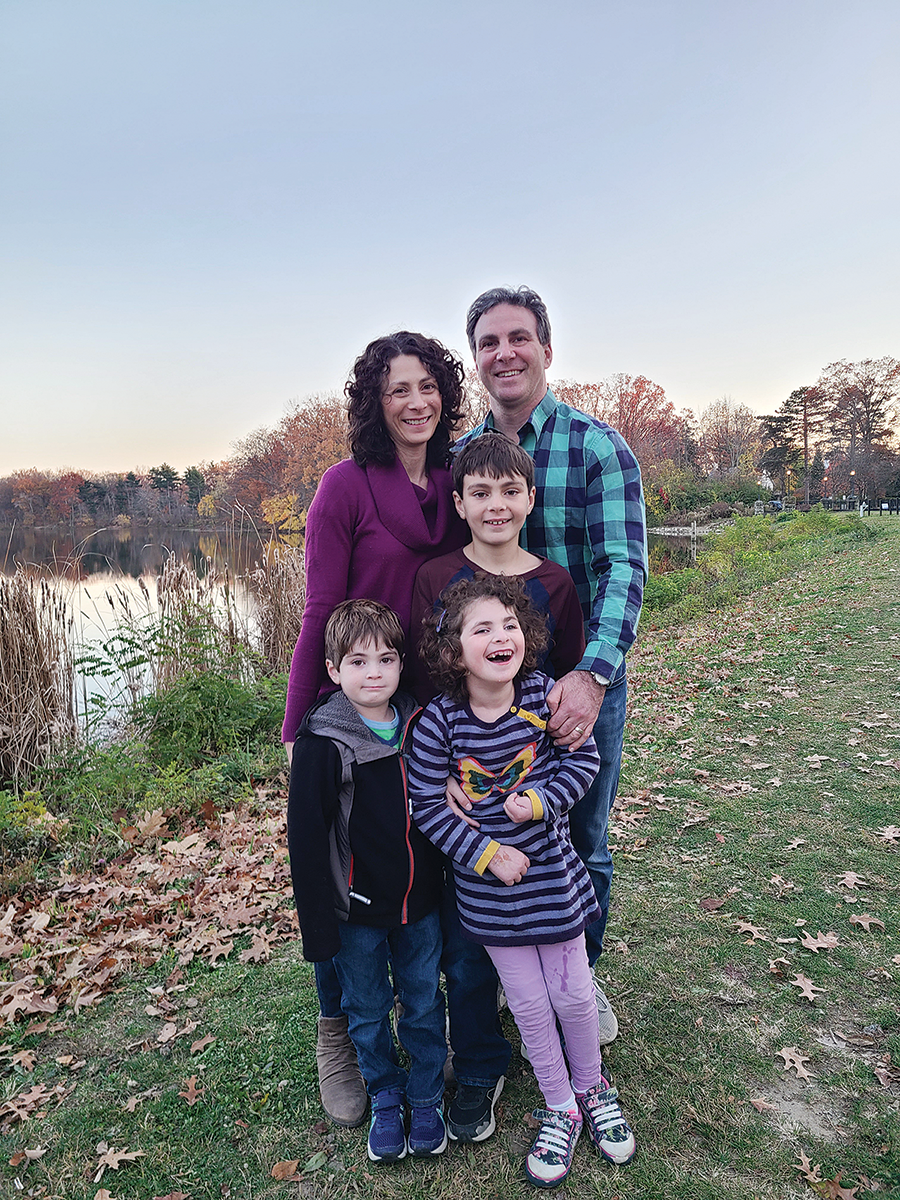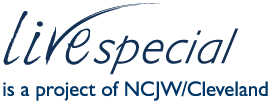
by James Sulzer
One sunny day in Texas, near the beginning of the COVID-19 pandemic, a falling tree branch struck our almost 4-year-old daughter Liviana in the head, causing a severe traumatic brain injury. In a heartbeat, our lives — and Livie’s life — changed forever, while her rehabilitation journey began.
In a quirk of circumstance, I have been honing my expertise in rehabilitation engineering research for over 20 years. I’ve studied and taught at some of the most lauded rehabilitation environments in the world. I’ve designed and built robotic exoskeletons to assist walking and used wearable technology to track recovery after a stroke. My wife Lindsay, a bioengineering Ph.D., works in tissue regeneration and cell therapy. After five months with Livie in hospitals, as she underwent neurosurgeries and began intensive therapy, we started gaining expertise from an entirely different perspective.
These past four years have been challenging, to say the least. Lindsay and I have had to learn how to take care of a whole new person. Livie is substantially impaired physically and cognitively, unable to speak, and needs assistance with all daily activities. We’ve learned to rely on friends and family more than ever before; manage the never-ending bureaucracy of health insurance; find at-home caregivers; arrange doctors and school services; and provide at-home rehabilitation therapy and needed medical care. When we moved home to Cleveland two years ago with our three small children, we had to discover and set up these services all over again.
Yet despite the sadness, stress and frustrations, we realize we have grown, gaining wisdom and expertise that, for better or worse, we must now wield. That is easier said than done.
Specialists often tell us, “You’re the expert on your child.” Are we? As scientists, we have access to all available research at our fingertips. Still, there’s not enough research out there and we receive sparse clinician input on anything outside of standard therapy. This leaves us prey to overhyped anecdotes of, at best, unproven treatments. Lindsay and I have been trained to perform quantitative, objective measurements, but clinician-driven evaluations are rare and don’t always reflect what we see at home. Despite us being engineers, we’ve been railroaded into making decisions on home technology that we should have pushed back on in retrospect. I’m not faulting our caregivers — they have been nothing but professional. I’m faulting a medico-research system that calls us experts but doesn’t treat us that way.
We may not be “the” expert, but we are “an” expert, and that’s enough to add value to any partnership. We know how the complex mechanism of our lives works, from our medical odysseys and raising siblings to coordinating school schedules, providing transportation and establishing new friendships. Knowledge of these challenges — social-emotional, logistical, physical, financial and medical decision-making — are poorly understood in the clinical and research communities. Certainly finding the right solutions for Livie and our family should include this wisdom.
I’ve also been trying to adapt this expertise into my own rehabilitation research. For instance, parents need enriching activities at home that can address their child’s cognitive and other impairments but don’t require full adult supervision. With colleagues at MetroHealth, United Cerebral Palsy of Greater Cleveland, and the local adaptive toy organization RePlay for Kids, we’re modifying a child’s ride-on car that can be used indoors as a driving simulator or outdoors like a normal vehicle. In other research projects involving adults with neurological injury, some of my active team members are part of the community of individuals we are trying to help.
I hope other families realize the value of their knowledge and share it. Those who like exploring the future of treatments can get involved with research, too. For instance, a Canadian organization called CanChild trains families how to get involved in conducting research. There are informal disability community networks where you can pass on your knowledge or gain insight from speaking with others who have solved these issues. One resource, an app called TurnTo, started by a mom of two kids with CP, aims to blend new research findings with opinions of the community. You can exchange knowledge, the latest in scientific literature and home hacks. I hope clinicians and families learn from each other and become better partners.
One of the proudest moments of my life was when I received my doctorate in mechanical engineering. Despite not receiving a new honorific after four years of immersion in the disability community, I still feel that same pride of expertise. Along with Livie, Lindsay and I have overcome challenges and gained wisdom, and I hope all members of the disability community appreciate the value they bring to the world.
James Sulzer, Ph.D., is staff scientist at MetroHealth System and associate professor in Physical Medicine and Rehabilitation at Case Western Reserve University. You can reach him at james.sulzer@case.edu

